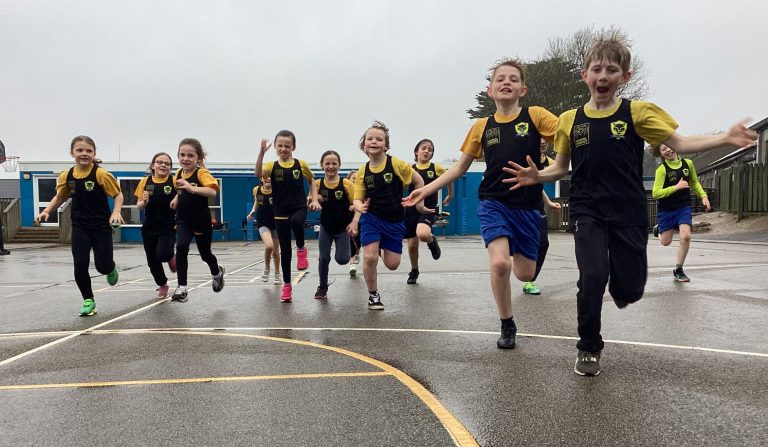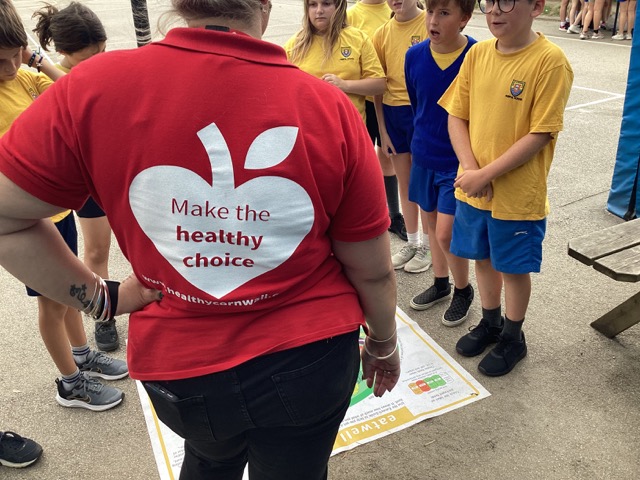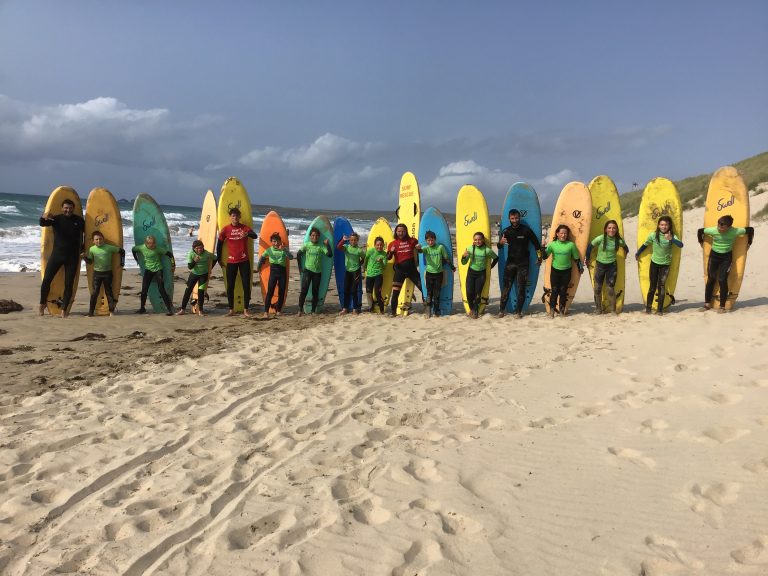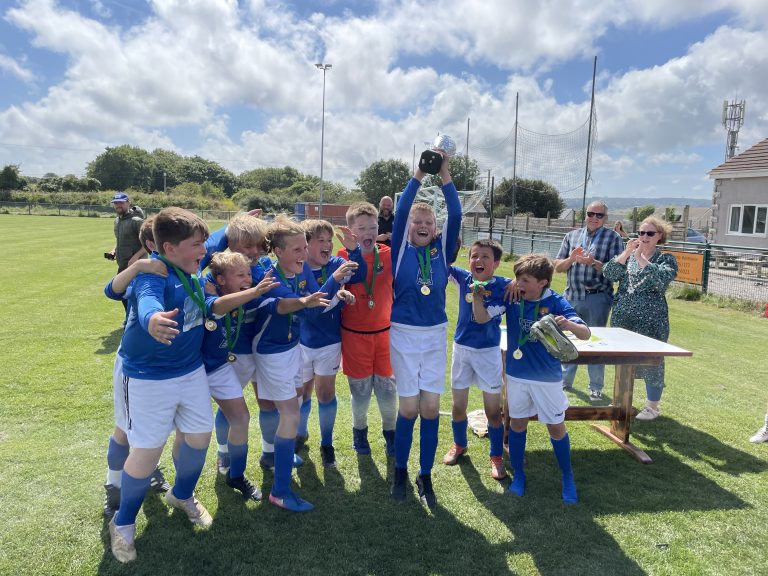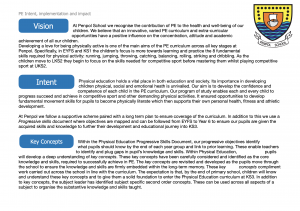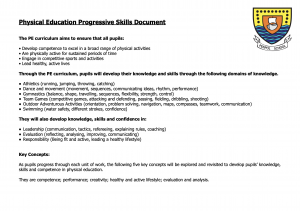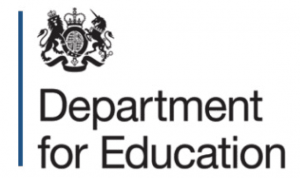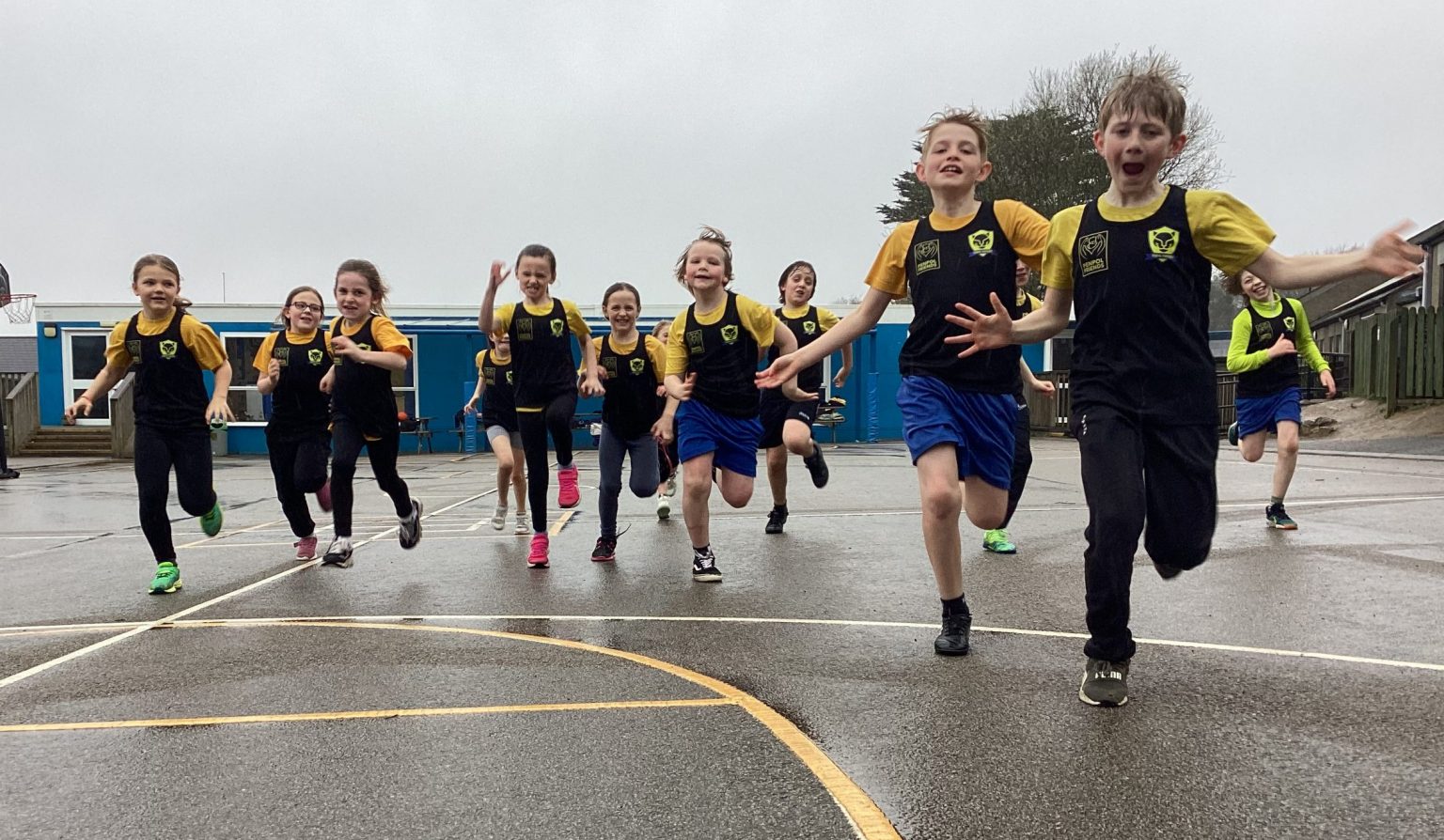
Curriculum Links
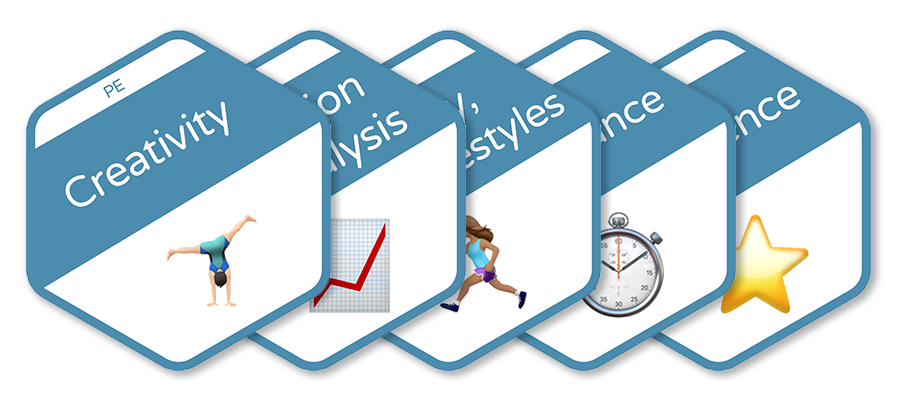
Physical Education Curriculum
PE at Penpol School is led by Nic Stanlake
PE at Penpol School
- Vision
- Intent
- Implementation
- Impact
At Penpol School we recognise the contribution of PE to the health and well-being of our children. We believe that an innovative, varied PE curriculum and extra-curricular opportunities have a positive influence on the concentration, attitude and academic achievement of all our children.
Developing a love for being physically active is one of the main aims of the PE curriculum across all key stages at Penpol. Specifically, in EYFS and KS1 the children’s focus is more towards learning and practice the 8 fundamental skills required for physical activity: running, jumping, throwing, catching, balancing, rolling, striking and dribbling.
As the children move to LKS2 they begin to focus on the skills needed for competitive sport before mastering them whilst playing competitive sport at UKS2.
Why do we teach PE at Penpol School?
Physical education holds a vital place in both education and society. Its importance in developing children physical, social and emotional heath is unrivalled. Our aim is to develop the confidence and competence of each child in the PE curriculum. Our program of study enables each and every child to progress succeed and achieve in competitive sport and other demanding physical activities. It ensured opportunities to develop fundamental movement skills for pupils to become physically literate which then supports their own personal health, fitness and athletic development.
At Penpol we follow a supportive scheme paired with a long term plan to ensure coverage of the curriculum. In addition to this we use a Progressive skills document where objectives are mapped and can be followed from EYFS to Year 6 to ensure our pupils are given the acquired skills and knowledge to further their development and educational journey into KS3.
How is PE taught at Penpol School?
At Penpol, our curriculum is carefully mapped out into a long-term plan; this enables links between subjects to be identified and carefully planned for to support pupil’s retention of knowledge and skills as they progress through the school.
Children will participate in Physical Education weekly, accessing a variety of sports. Throughout the teaching of PE, from the Foundation stage to the end of Year 6, progressive skills such as movement, performance and competence ensure a balanced range of skills across a broad range of sports.
Lesson objectives are clear and sequenced so that outcomes are secure and meaningful. In PE children do not learn objectives in isolation but continue to embed these through carefully planned application of skills in pair and group work throughout the year, which has a direct impact on teamwork and evaluating their own progress and others.
Through the PE curriculum, pupils will develop their knowledge and skills through the following domains of knowledge:
- Athletics (running, jumping, throwing, catching)
- Dance and movement (movement, sequences, communicating ideas, rhythm, performance)
- Gymnastics (balance, shape, travelling, sequences, flexibility, strength, control)
- Invasion games (competitive games, attacking and defending, passing, fielding, dribbling, shooting)
- Outdoor Adventurous Activities (orientation, problem solving, navigation, maps, compasses, teamwork, communication)
- Swimming (water safety, different strokes, confidence)
- Net and Wall games (striking, movement, co-ordination)
- Striking and fielding (striking, catching, organisation, communication)
They will also develop knowledge, skills and confidence in:
- Leadership (communication, tactics, refereeing, explaining rules, coaching)
- Evaluation (reflecting, analysing, improving, communicating)
- Responsibility (Being fit and active, leading a healthy lifestyle
What will we see from the teaching of PE at Penpol?
A wide range of strategies are used to measure the impact of our Physical Education curriculum. Our teaching sequence allows children to respond to self and peer appreciation and evaluation and to assess how they feel they achieved in each session.
The impact of learning is measured through observations which demonstrate what has been understood and through self and peer evaluation activities which demonstrate the progression of knowledge, skills and understanding. Where learning is not secure, additional learning takes place to address this.
Formative assessments are carried out by teachers after each lesson which will allow them to inform future planning. Additionally, summative assessments are carried out each half term by using an internal assessment tool. As a result of these assessment tools, pupils’ misconceptions or gaps in subject knowledge, skills, behaviours and attitudes are addressed and additional teaching and support is provided.
The subject leader will also monitor the effectiveness of the Physical Education curriculum through carrying out regular subject evaluations. The effectiveness of Physical Education is also monitored through pupil and parental voice throughout the course of the year.
Concepts taught in PE at Penpol
-
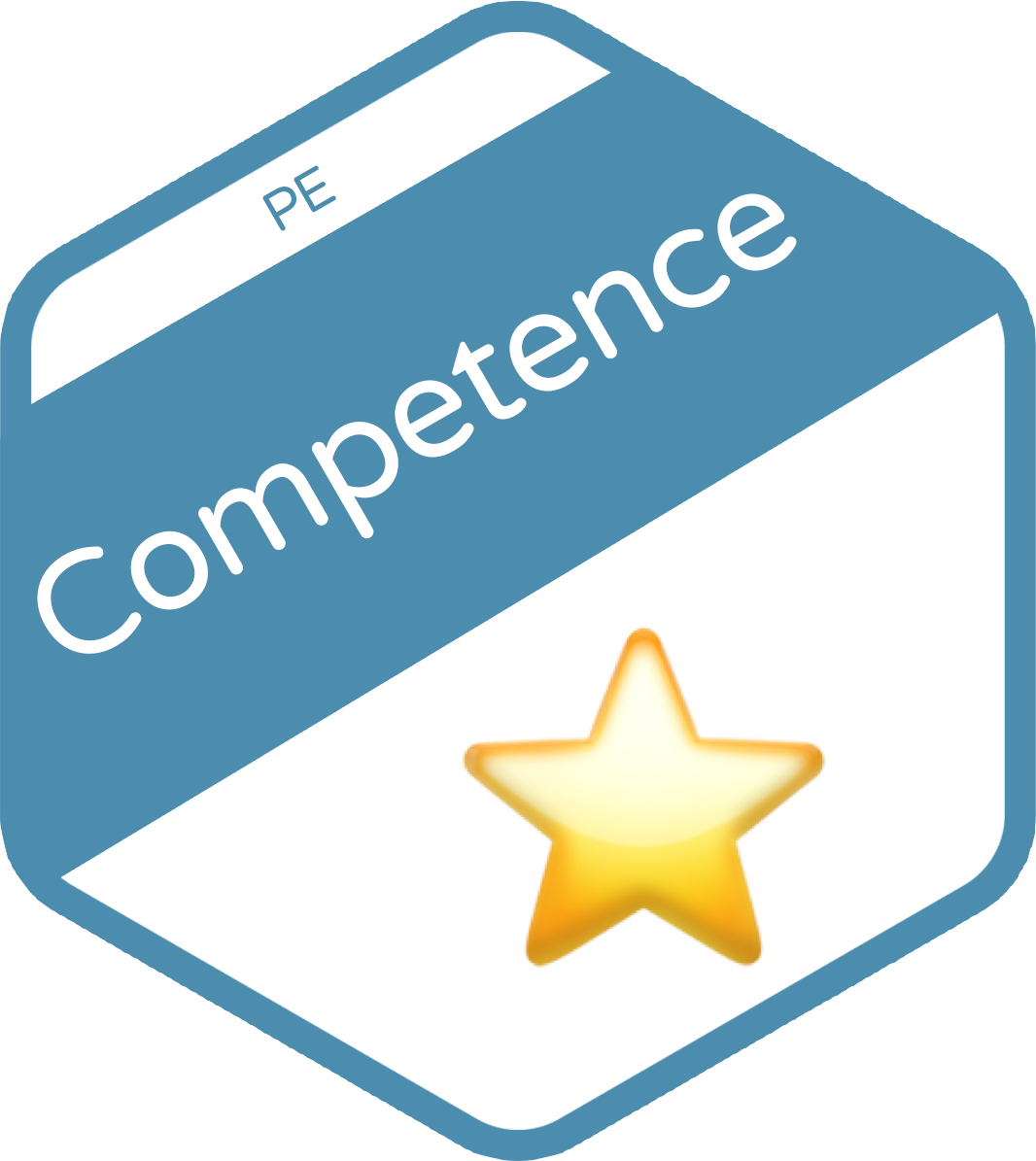
Competence
The selection and application of skills, tactics and compositional ideas. The readiness of body and mind to cope with physical activity.
-

Performance
Using physical competence and knowledge to gain a better understanding of physical activity.
-
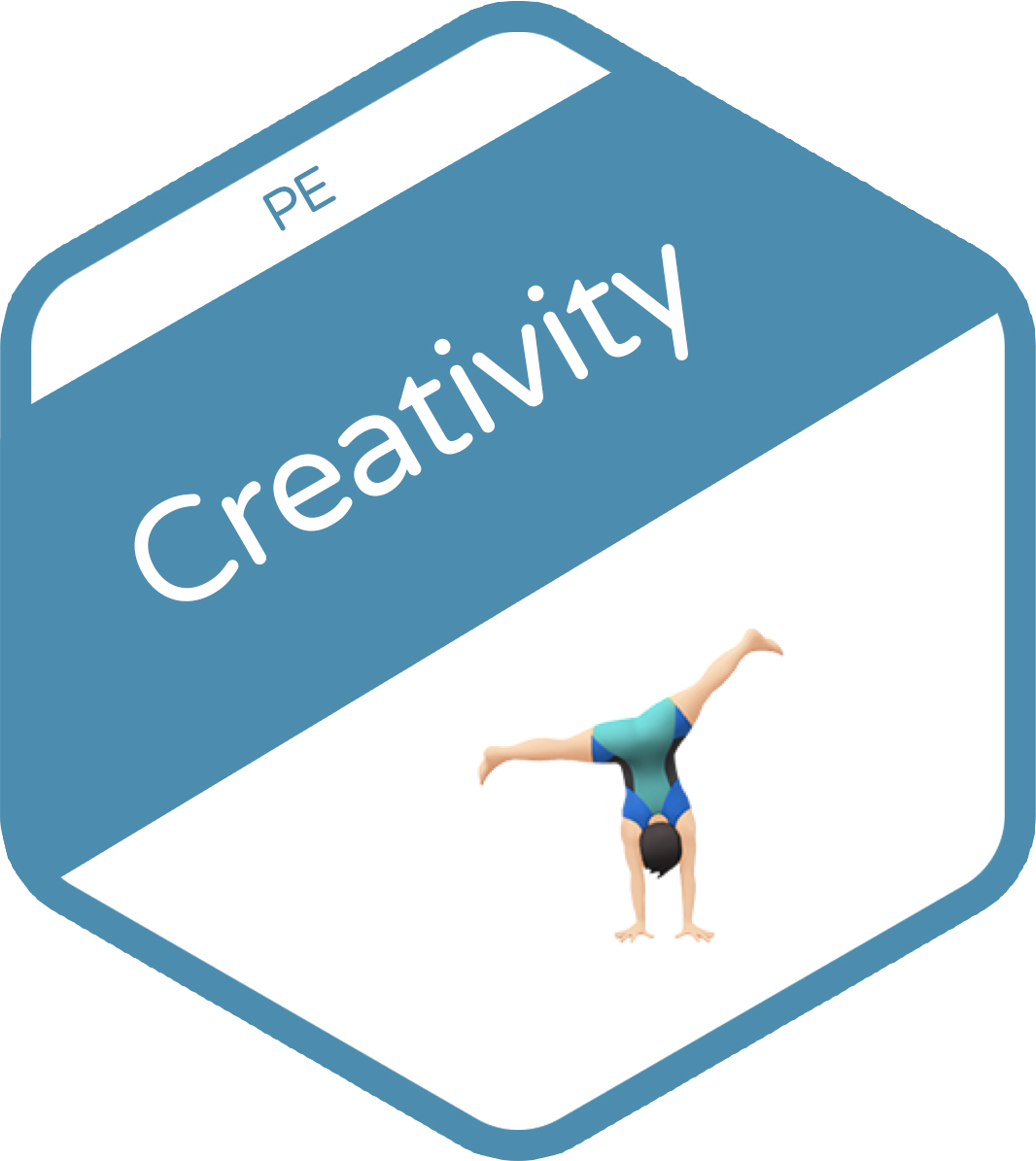
Creativity
Exploring and experimenting with techniques, tactics and compositional ideas to produce efficient and effective outcomes.
-
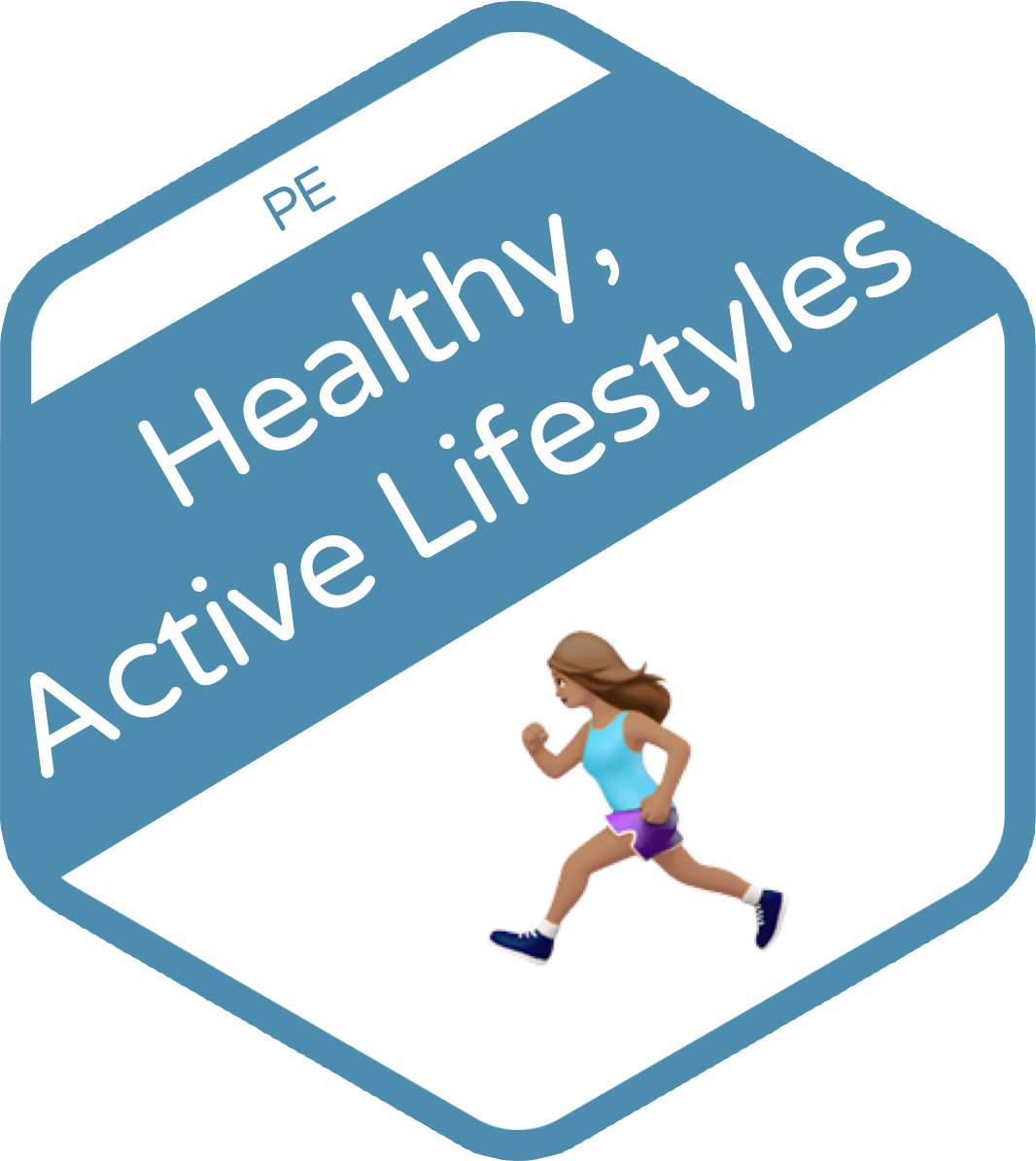
Healthy, Active Lifestyles
Understanding the positive contribution that regular, fit for purpose physical activity makes to the physical and mental health of the individual in preparation for their future lives.
-
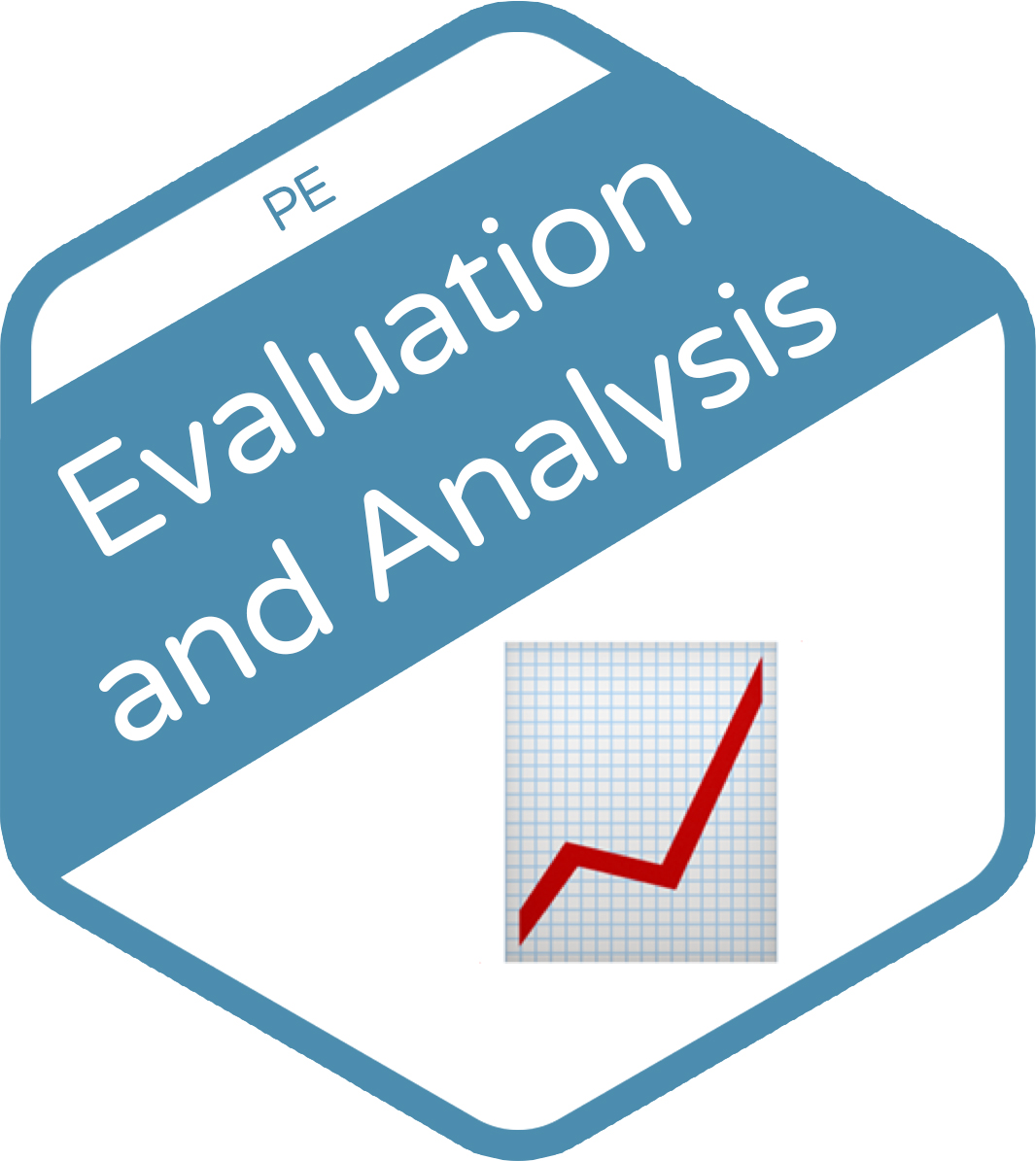
Evaluation and Analysis
Comparing performances with pervious ones and those of others to demonstrate improvement to achieve their personal best.
Other Documents
Useful Links
This page was last updated:
5th December 2022


